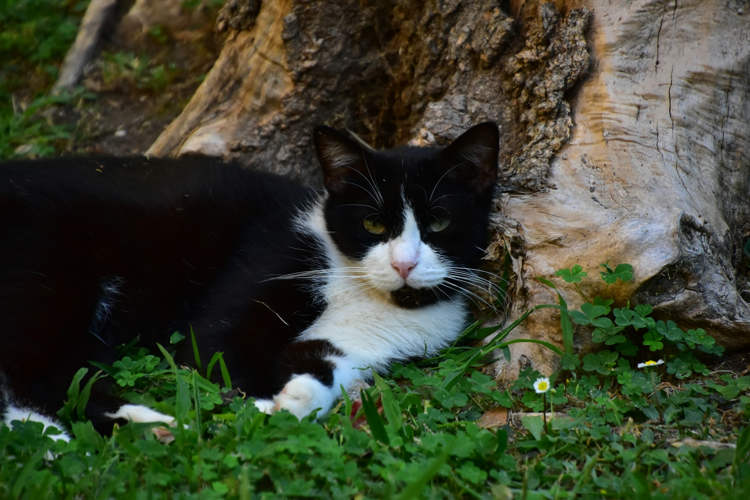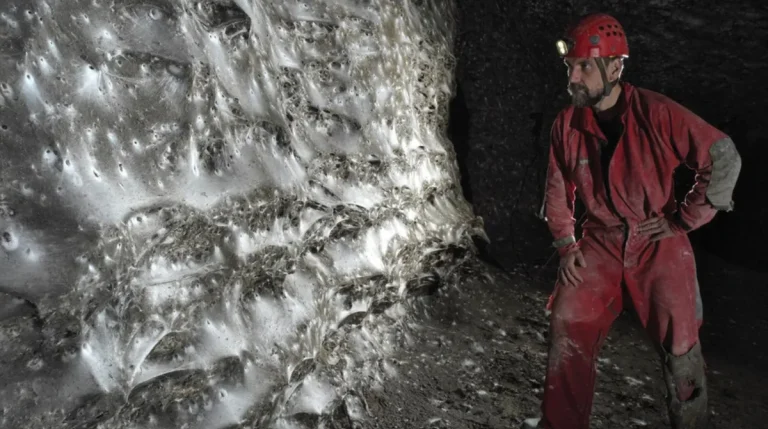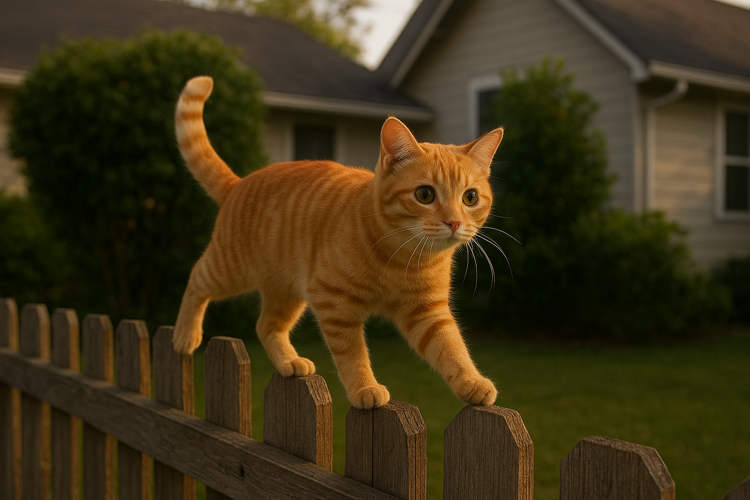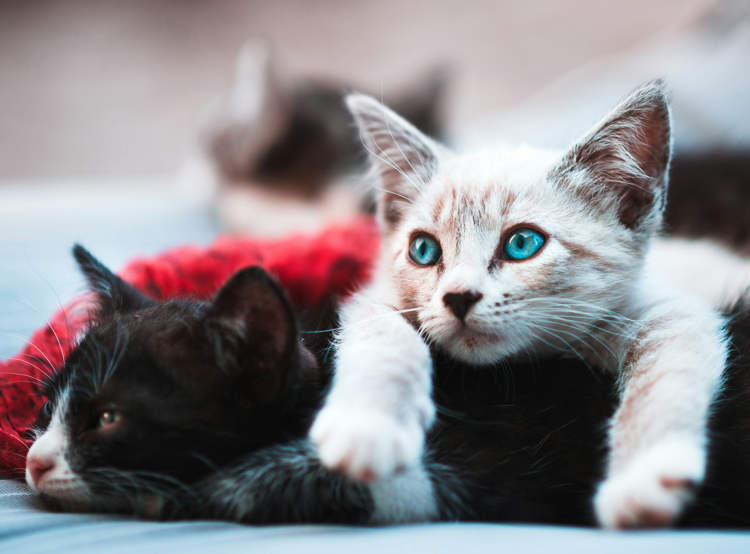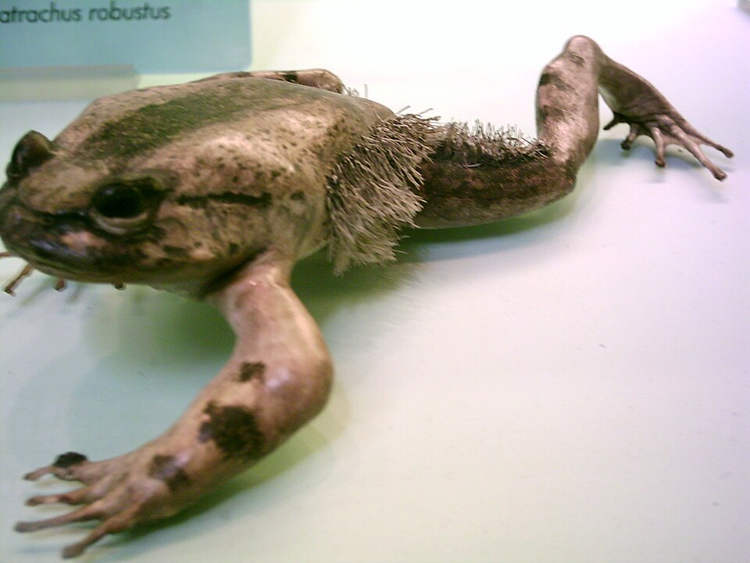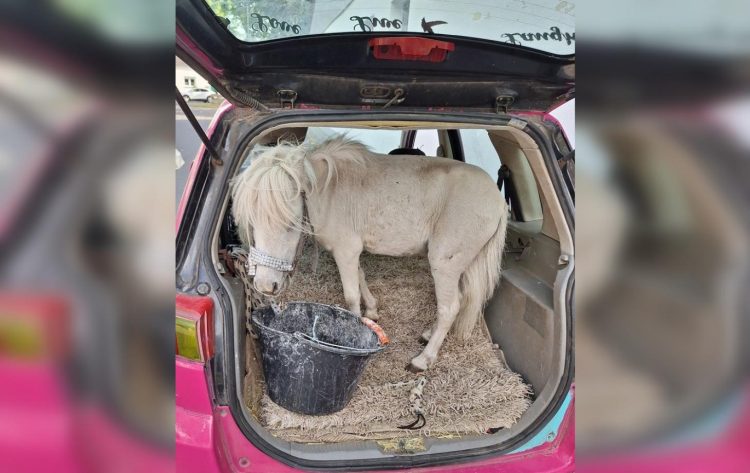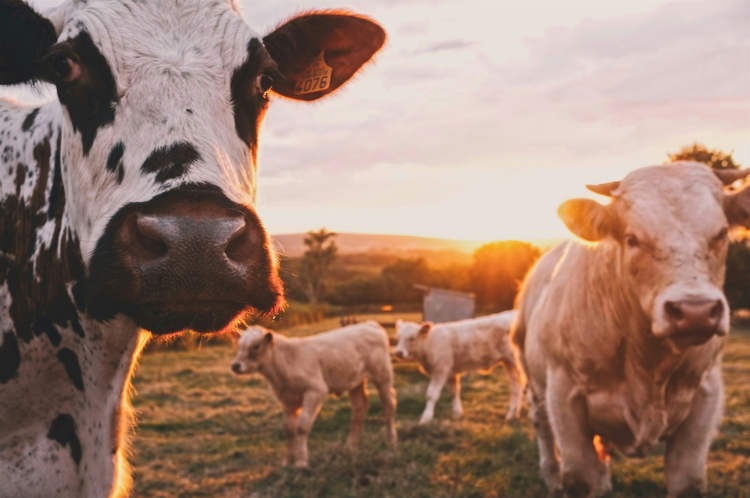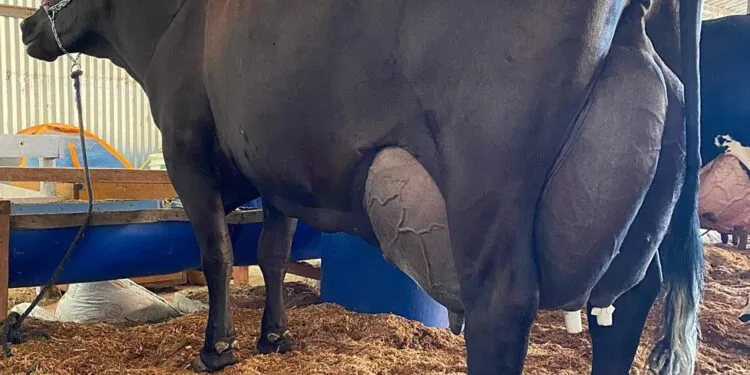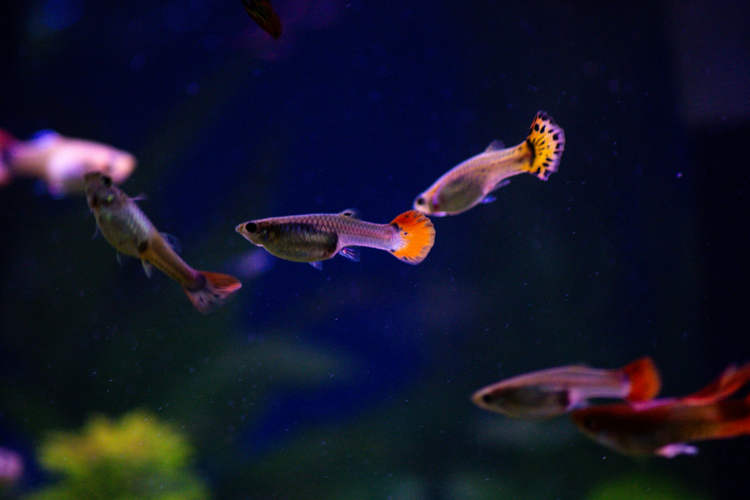The Animal Ark is a special wild animal sanctuary, in Maharashtra, India, that takes in orphaned animals whose parents get hunted by villagers for food. It was set up by a local doctor who understood the necessity of hunting, but couldn’t bare to let the young animals starve to death.
One day, during the early 70s, Dr. Prakash Amte and his wife were taking a walk in the Dandarayana forest of Gadchiroli, when they encountered a group of tribal people carrying a dead monkey that they had hunted. They noticed that there was a baby monkey clinging to its dead mother’s body and trying to suckle her breast. It was heartbreaking sight, and Dr. Prakash decided he couldn’t let the hunters kill the baby as well. He asked them what they intended to do with it, and they said they were going to eat it, just like its mother. He knew the tribe killed out of necessity, not for sport, so he offered them rice and clothing in exchange for the baby monkey. They reluctantly accepted, and the small animal became the first member of their big animal family.
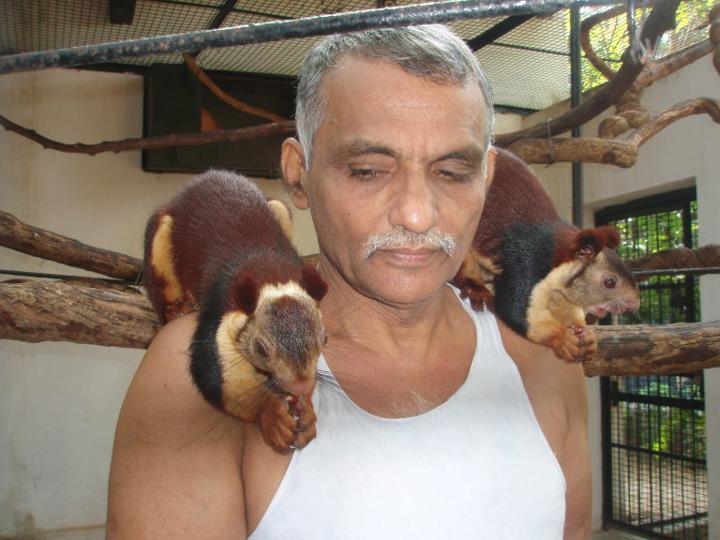
Photo: Dr. Prakash Amte/Facebook
Prakash Amte named the small red-faced monkey Babli, after the tribal god worshiped by the Madia peoples, and raised it in the safety of his home, in the village of Hemalkasa. Babli seemed to love it there, and soon became friends with the household dog. She would cling to its back and play with it, not knowing that it was the very animal that the Madias commonly used to hunt its kind. But seeing the monkey and the his dog so happy together, gave the doctor an idea.

Photo: Dr. Prakash Amte/Facebook
Amte knew that the local tribes relied on hunting wild animals to survive. It was one of their only sources of sustenance, but he decided to make a deal with them that could save the lives of orphaned animals. He convinced the Madia tribes that also killing the young offspring of the animals they hunted wasn’t worth it, because they didn’t put much food on their tables. Instead, he asked them to bring the orphans to him, in exchange for grains, clothing and medical supplies. They agreed, and the doctor’s home soon became the Animal Ark sanctuary.
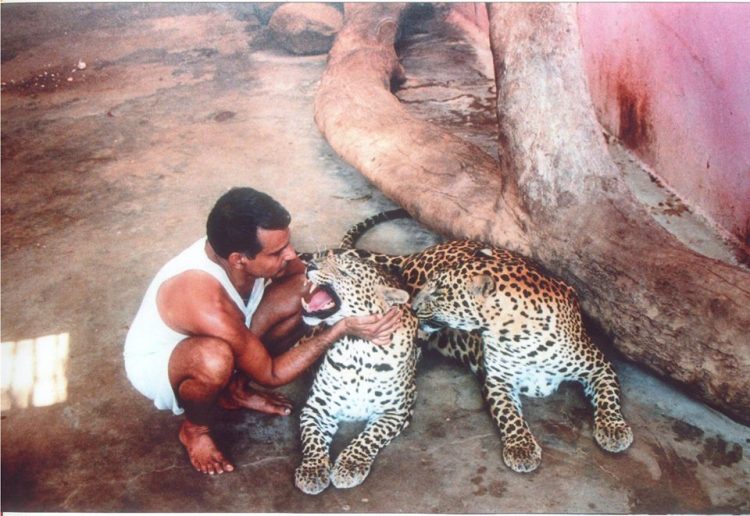
Photo: Dr. Prakash Amte/Facebook
Over the last four decades, Animal Ark has been a refuge for a variety of wild animals, from giant squirrels and palm chivets, to macaques and sleuths, and even dangerous species that most people wouldn’t dare touch, let alone live with in their home. Jackals, leopards, Indian pythons and crocodiles, all were welcome in Dr. Prakash’s home.

Photo: Dr. Prakash Amte/Facebook
At one point, the Animal Ark sanctuary hosted 300 wild animals, from various species, all uncaged and living in close contact with humans. This made some of the locals nervous, and after several complaints to the local government about the breeding of wild animals in the village, Prakash was forced to either build cages for them or risk having his sanctuary shut down. He built the enclosure required by regulations, but the place still feels more like an “asylum for animals” then a zoo.

Photo: Dr. Prakash Amte/Facebook
Dr. Prakash’s son, Aniket Amte, grew up surrounded by all sorts of animals, and recently told The Better India that he preferred things the way they were before the cages. “I remember how we, the children of the village, and the animals would walk together to the river for a bath,” he recalled. “We grew up with no fear of animals.”

Photo: Dr. Prakash Amte/Facebook
Today, Animal Ark is home to around 90 animals, and that number is estimated to go down in the next few years, because the Madia tribes hunt less than they used to. But everyone who knows the Amte family, or has heard their story, know that they have helped save hundreds if not thousands of orphaned animals since the 1970s. They also know of their struggles to keep Animal Ark open over the last four decades.


